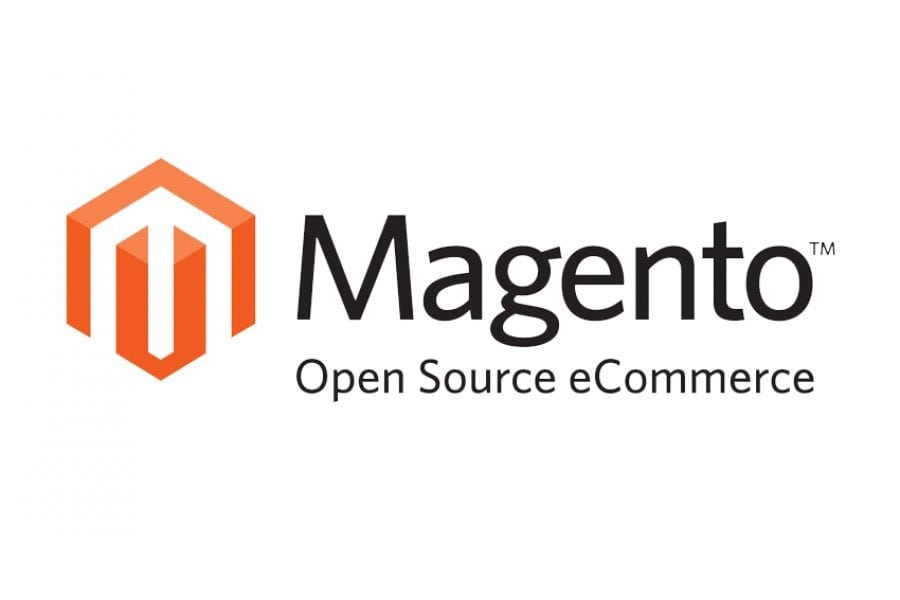
As a retailer, your digital requirements will be determined by the breadth of your organization, your goals, and your available resources. For small businesses, having an ecommerce platform that matches their skills is essential. Magento Open Source has long been the preferred platform for smaller ecommerce firms within the Adobe/Magento community.
However, there has been a growing sense of dissatisfaction with the apparent lack of effort on building Magento Open Source. In the latest Williams Commerce blog, we look at the current scenario and what the future holds for Magento Open Source.
The Magento Open Source Background
Magento Open Source is an ecommerce platform that began as Magento Community. It is mostly utilized by smaller online retailers, who may develop their stores from the ground up. This platform is well-known for the scalability and flexibility it provides to rapidly developing firms with annual revenue of less than £3 million.
One significant advantage of Magento Open Source is that it enables a global developer community to improve the platform through innovation.
Moving the goalposts
Magento was only introduced 16 years ago. Since 2008, the Magento Community and Magento Open Source development have enabled countless smaller businesses enter the ecommerce industry and effectively build a solid consumer base online. This is due in part to the scalability and flexibility that Magento Open Source has offered.
Magento Open Source has historically used a ‘monolith’ PHP framework. This keeps the frontend and backend together rather than making them separate. This paradigm benefits smaller firms who may lack the skills or resources to deal with multiple systems and prefer the consistency of a monolith architecture while operating their ecommerce site.

However, the ecommerce sector as a whole has shifted, with a greater emphasis on composable microservices hosted in the cloud. Additional solution types, such as SaaS, PaaS, and off-premise, are becoming more popular, despite their lack of relevance to small businesses.
This change has resulted in mentions of Adobe’s technical architects decomposing the PHP monolith. If this occurs, Magento/Adobe’s DNA will be permanently changed.
This potential has prompted frustration among the Magento Open Source community. Some members have taken the initiative to steer the community in a better direction.
Forming the Mage Open Source Community Alliance
A group of businesses and individuals decided to launch a new Magento fork powered by community organizations in September 2021. This fork, known as the Mage Open Source Community Alliance, aims to support the advancement of Magento Open Source and enable smaller businesses to prosper in the e-commerce industry in a manner that suits them.
Our goal is to work in conjunction on this, preferably with the Magento Association and Adobe through them. Although we have already made contact with the Magento Association in order to collaborate with them, it will take some time to come to a consensus on the best course of action. As long as Adobe continues to support Magento Open Source, the fork will be compatible with it upstream. This implies that all businesses wishing to stay on the monolith platform once it is eventually deprecated will be able to do so.
In order for Magento Open Source to remain the resource it is for smaller businesses going ahead, the organization hopes to gain the trust of the Magento ecosystem.
We sincerely think that by focusing on merchants of all sizes, we can not only preserve Magento but also offer it a bright future.
